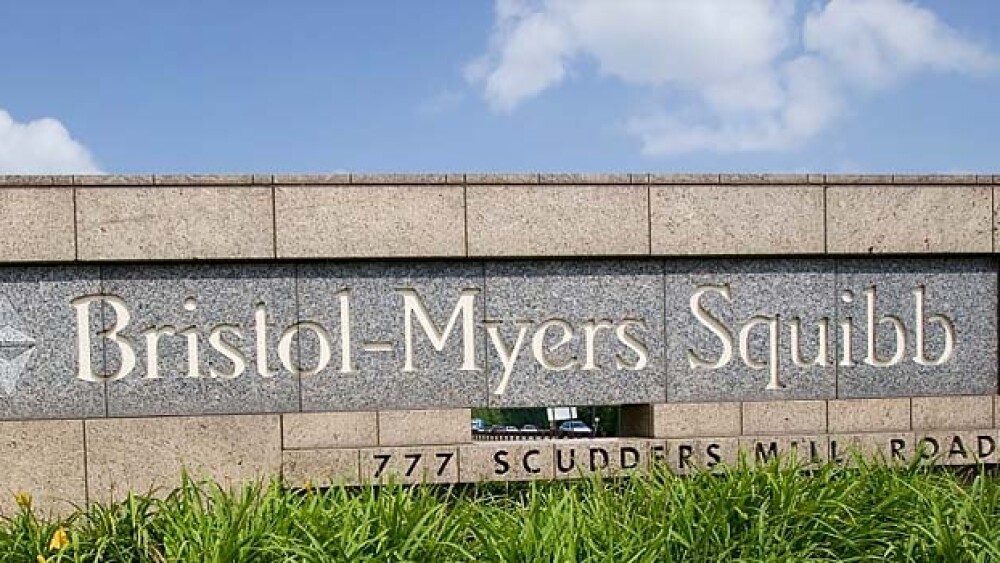On January 3, Bristol-Myers Squibb announced it was buying Celgene for $74 billion. This would create a giant company with a significant pipeline focused on oncology, inflammatory and immunologic diseases, and cardiovascular disease. As the companies release their fourth-quarter results, more details about the combined companies’ plans are emerging.
On January 3, Bristol-Myers Squibb announced it was buying Celgene for $74 billion. This would create a giant company with a significant pipeline focused on oncology, inflammatory and immunologic diseases, and cardiovascular disease. As the companies release their fourth-quarter results, more details about the combined companies’ plans are emerging.
The merger will result in a company that is number one in oncology, in the top five for immunology, and the number-one cardiovascular franchise. Its pipeline will include six near-term product launches in the next one to two years with more than $15 billion in potential revenue.
Bristol-Myers Squibb projects it can achieve $2.5 billion in run-rate synergies from SG&A, R&D, and manufacturing. Bristol-Myers’ chief executive officer Giovanni Caforio said at the announcement, “this deal is really all about the launches, the pipeline, the value of the synergies.”
The company has projected a 40 percent earnings per share (EPS) accretion in 2020 if the deal closes by the end of this year. Seeking Alpha writes, “BMY appears to be getting a great deal for its shareholders. The financial benefits of the earnings accretion are mouth-watering.”
The deal values Celgene at 11.6 times its 2018 estimated EPS or 10 times the 2018 estimated EV/EBIT. Seeking Alpha writes, “Celgene trades cheaply because of concerns over key patent expirations and generic drug challenges. Celgene’s Revlimid drug loses patent exclusivity in 2026. Due to a settlement with generic pharma company Natco, some generic competition will enter the market in 2022. Now, generic firm Dr. Reddy’s is challenging Revlimid’s method of use patent which could result in additional generic competition before the 2026 date.”
Celgene projects it should be able to maintain most of its Revlimid business over the next several years and replace that lost revenue with new drugs. “Bristol-Myers Squibb has clearly done their homework and is betting that Celgene’s story is accurate, making Celgene a cheap stock and a good acquisition for Bristol-Myers Squibb.”
For Celgene shareholders, if all three drugs in late-stage trials are approved, their shares will probably pay out $9 per share. Those drugs are ozanimod, liso-cel and bb2121. Those approvals won’t like happen together until the end of March 2021, with the ozanimod and liso-cel up for grabs at the end of 2020 and bb212 around the end of March 2021. Seeking Alpha writes, “This is a binary event that will play out over the next two years. … Most of the analysis I have seen places the odds between 50 percent and 75 percent of the CVR paying out.”
For its part, Celgene reported net product sales for the quarter of $4.036 billion, an increase of 16 percent year-over-year. Net product sales for the full year 2018 were $15.265 billion, an increase of 18 percent year-over-year with total revenue for the year of $15.281 billion, also an increase of 18 percent.
Mark J. Alles, chairman and chief executive officer of Celgene, stated, “2018 was another year of excellent operating results and significant progress advancing our innovative early-, mid- and late-stage pipeline. With five near-term product launches and many promising assets advancing, we are very optimistic about our potential for long-term growth as part of the new Bristol-Myers Squibb.”





